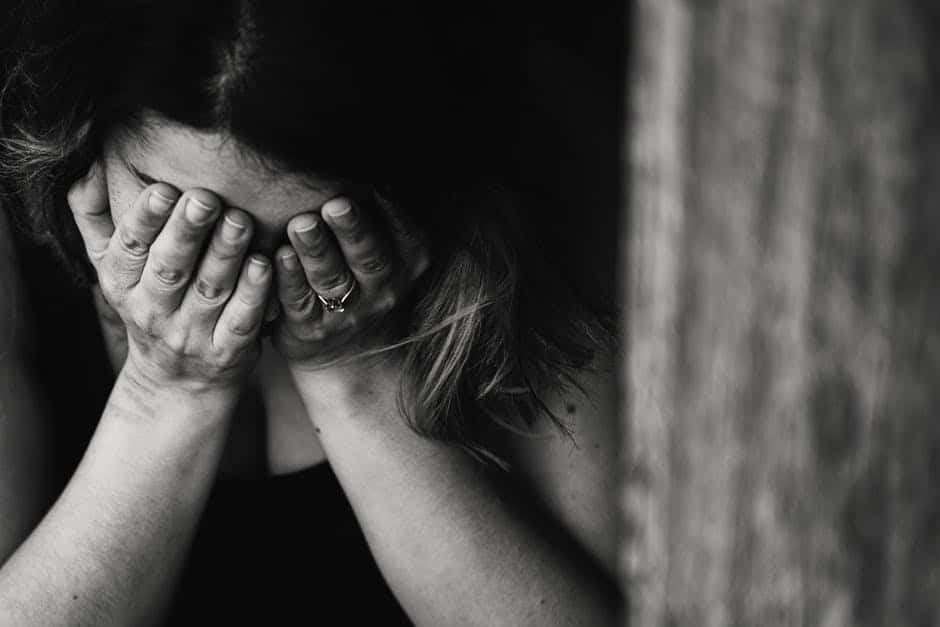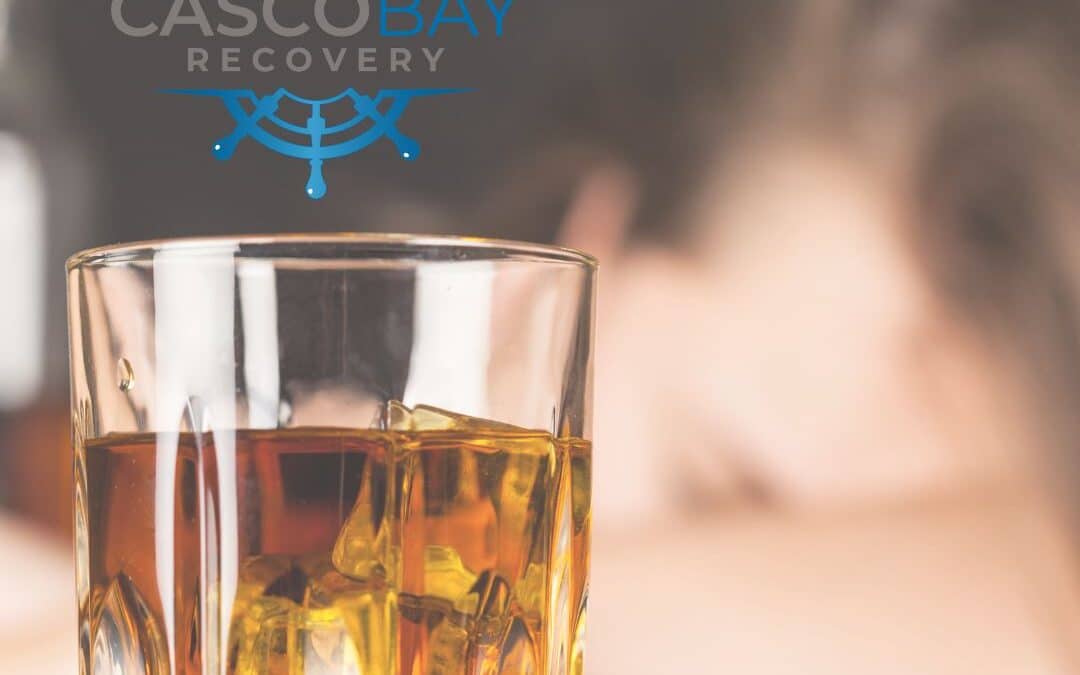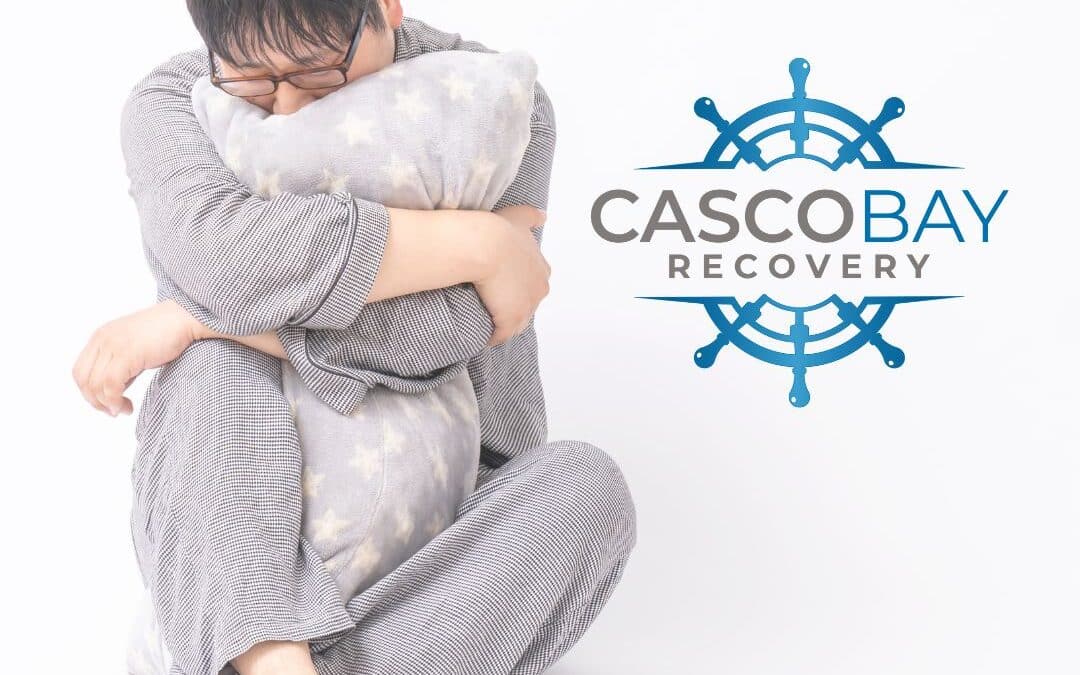Do you or someone you care about typically experience holiday blues? Seasonal depression is more common than most people think — and seeking professional help in the form of holiday depression treatment is a normal practice.
What happens during the holiday season can trigger depression for many people. You may not have stable finances and therefore can’t celebrate the way you wish. You may not have the time or resources to make it home for your family’s yearly reunions. And if you’re going through a difficult time — for example, if you’re on the path of addiction recovery — it can be tough to see others around you experiencing the extra joy of the holidays in their lives.
Thanksgiving, Christmas, and New Year’s Eve celebrations can often present challenging demands to people in recovery. You need to deal with never-ending parties and bear many family obligations. Your typical stress levels may get even higher. If you’re finding it hard to deal with the holidays due to stress or depression, know that you aren’t alone. Reach out to Casco Bay Recovery and ask us about the treatments and services we provide. Call us at 844.956.3520 or contact our team online.
What Is Seasonal Depression?
Seasonal depression is known among medical experts as seasonal affective disorder (SAD). It’s easy to think of seasonal depression as simply being sad, especially because of the acronym of the disorder. However, SAD is more than just a feeling. It’s a type of depression that’s particularly related to changes in seasons.
If you or someone you care about struggles with SAD, you’ll notice that your depressive episodes begin and end at the same times each year. Most people with SAD initially feel depression setting in during the fall months and continuing into the winter months. Symptoms specific to winter-onset SAD may include the following:
- Appetite changes, especially a craving for high-carbohydrate foods
- Low energy or tiredness
- Moodiness
- Oversleeping
- Weight gain
SAD is more than simply feeling the holiday blues. Treatment for SAD could include light therapy — otherwise known as phototherapy — as well as medications and psychotherapy.
What Is Holiday Depression?
Holiday depression is not a clinical diagnosis a medical professional can make. However, it’s a term that may refer to instances of SAD — much in the way “holiday blues” or “winter depression” are also used. It can also refer to the worsening of existing depression during the holiday months. Stressors that can worsen depression during these months include the following:
- Being obligated to go to more social or familial functions than usual
- Dealing with intense travel plans
- Feeling the pressure to maintain happiness or the holiday spirit
- Having more opportunities to eat, drink, and otherwise indulge
- Spending more money than usual or feeling pressured to do so
The holidays can also dredge up uncomfortable feelings around loneliness and loss. For people in addiction recovery, grieving the loss of how they’d previously celebrated the holidays — by consuming addictive substances — can be a stressor.
Depression may occur at any time of the year, but the stress and anxiety during the holidays may cause even those who are usually content to experience a lack of fulfillment or a surge of loneliness. Some people may have a small social circle or live far from their family. They may see other people spending time with friends and family during the holidays, and feel lonely even though they typically don’t spend a lot of time with other people otherwise.
What Can You Expect from Holiday Depression Treatment?
When it comes to holiday blues, the first thing that needs to be done is to determine if professional help is needed. Sometimes, spending time in the sunshine or around friends and family can lift someone’s spirits enough to get rid of the blues. But if it’s a case of depression, simple hacks like sunshine and social interaction may not be enough.
Depression is a medical condition that can affect someone’s mood and ability to function. Treatment for depression can include the following:
- Alternative medicine: People with mild depression could try alternative medicine to see if it improves their well-being. This type of treatment should be complementary therapy, though — it can’t be the only form of depression treatment someone tries. Alternative medicine can include acupuncture, biofeedback, hypnosis, and massage therapy.
- Brain stimulation therapy: This time of therapeutic care can help people with severe depression. Types of brain stimulation therapy include electroconvulsive therapy (ECT), transcranial magnetic stimulation (TMS), and vagus nerve stimulation (VNS).
- Counseling: You can try psychotherapy by talking with a mental health professional. Sometimes short-term therapy is all that’s needed but longer treatment periods be ideal for certain cases.
- Medication: Prescription medicine such as antidepressants can help change brain chemistry and help manage depression. Antidepressants can take a few weeks to have an effect, and some of them have side effects. If the latter don’t go away or improve over time, ask your doctor if they can find other options that don’t affect you as much.
- Self-help: Apart from spending time under the sun or with friends, you can also try doing regular exercise and getting enough sleep.
Ready to Learn More About Casco Bay Recovery’s Depression Treatments?
If you or someone you care about is feeling the holiday blues and you’re not sure if it’s depression or not, reach out to Casco Bay Recovery. Call 844.956.3520 or contact our team online.








